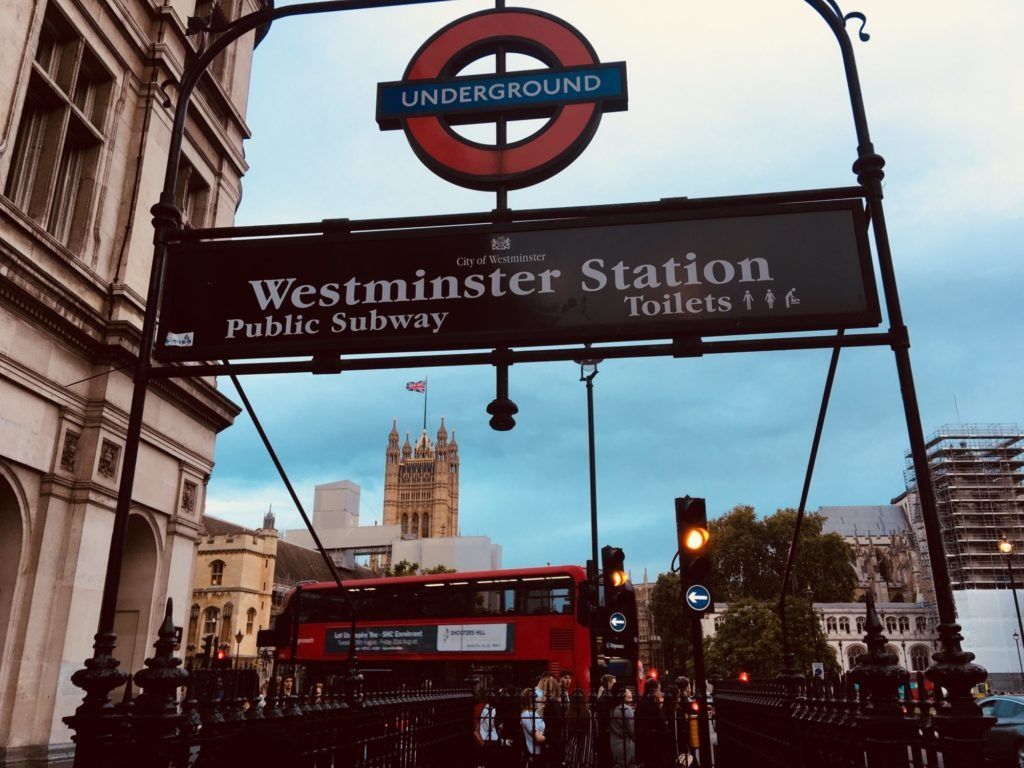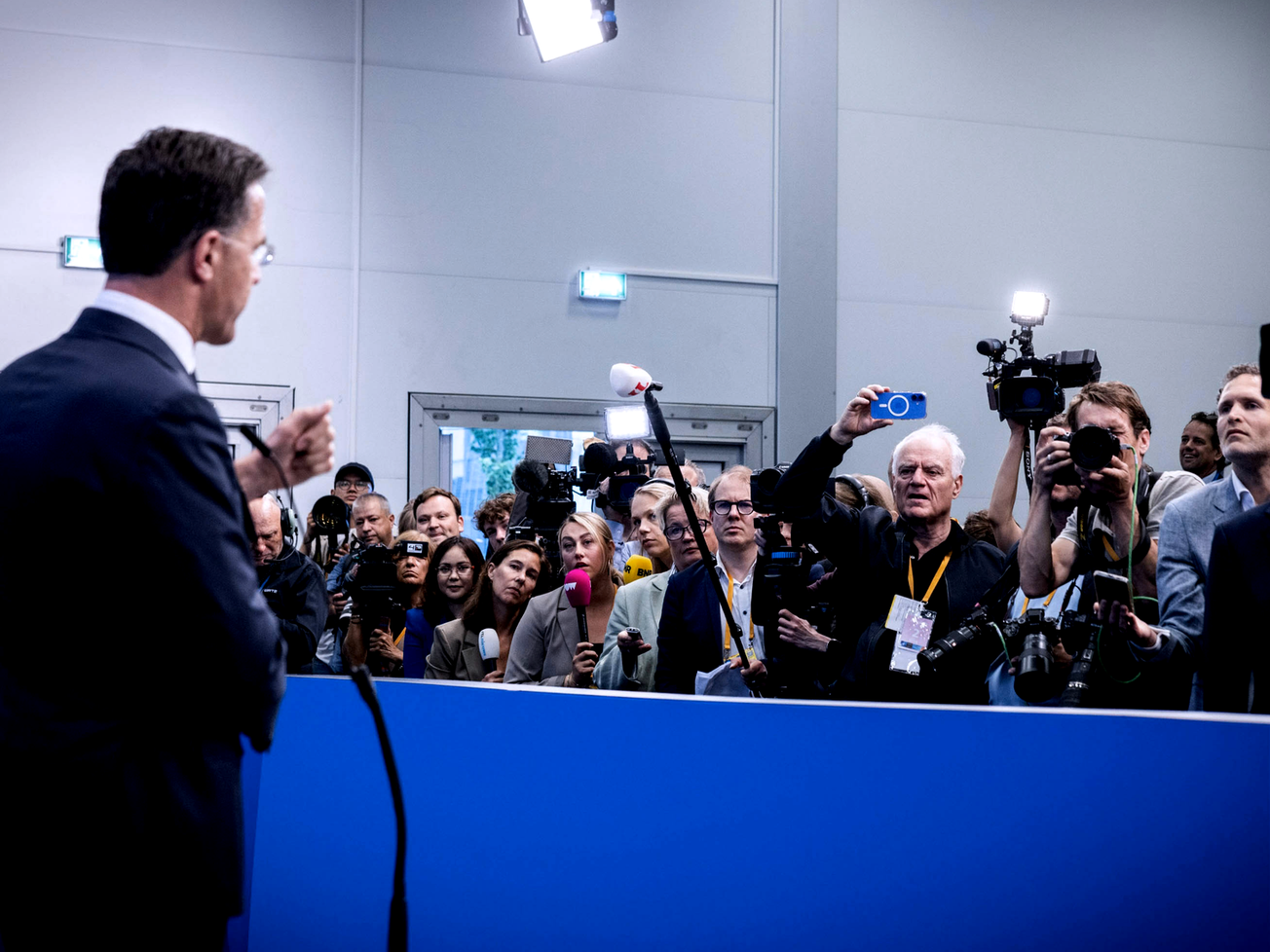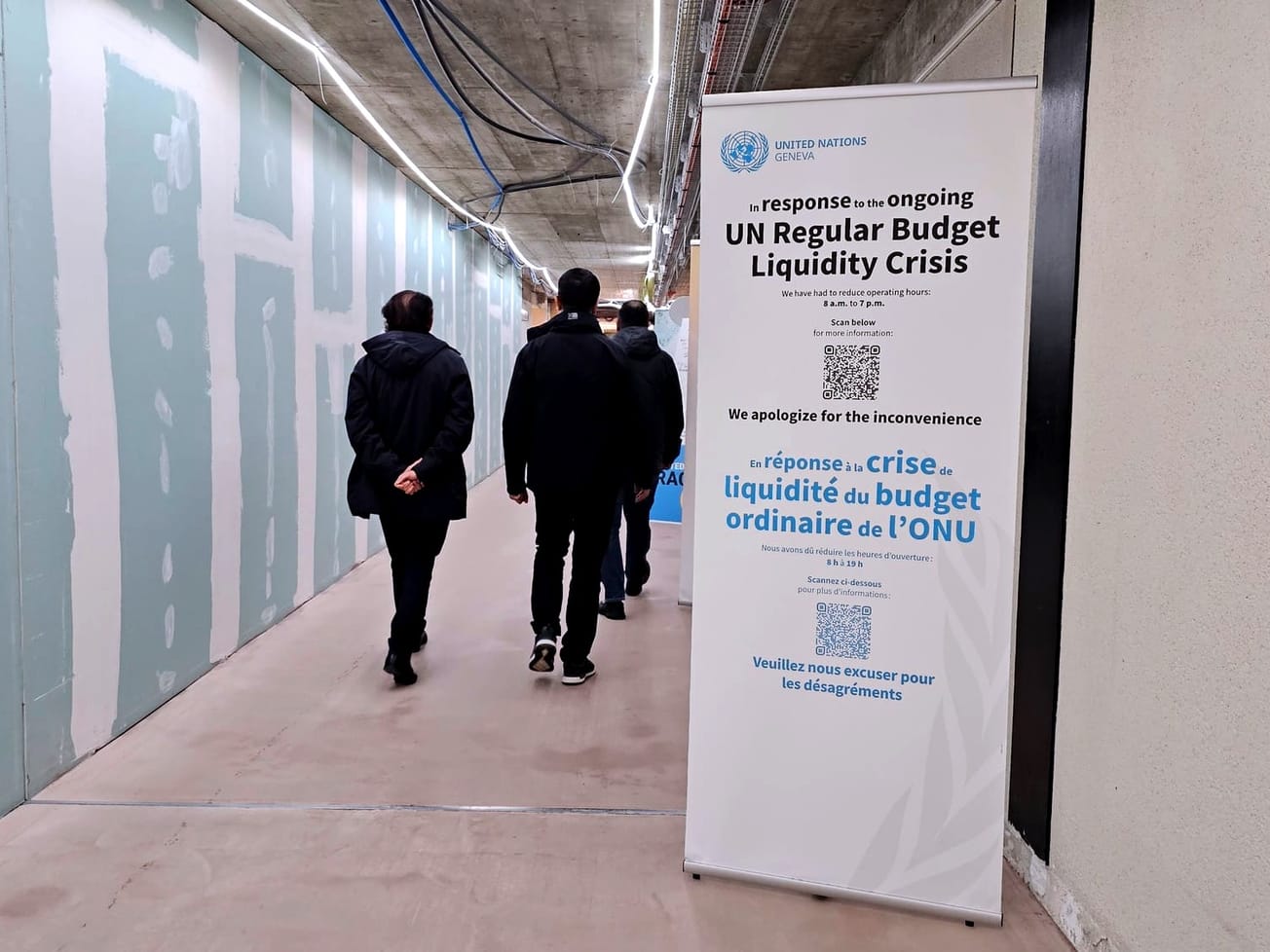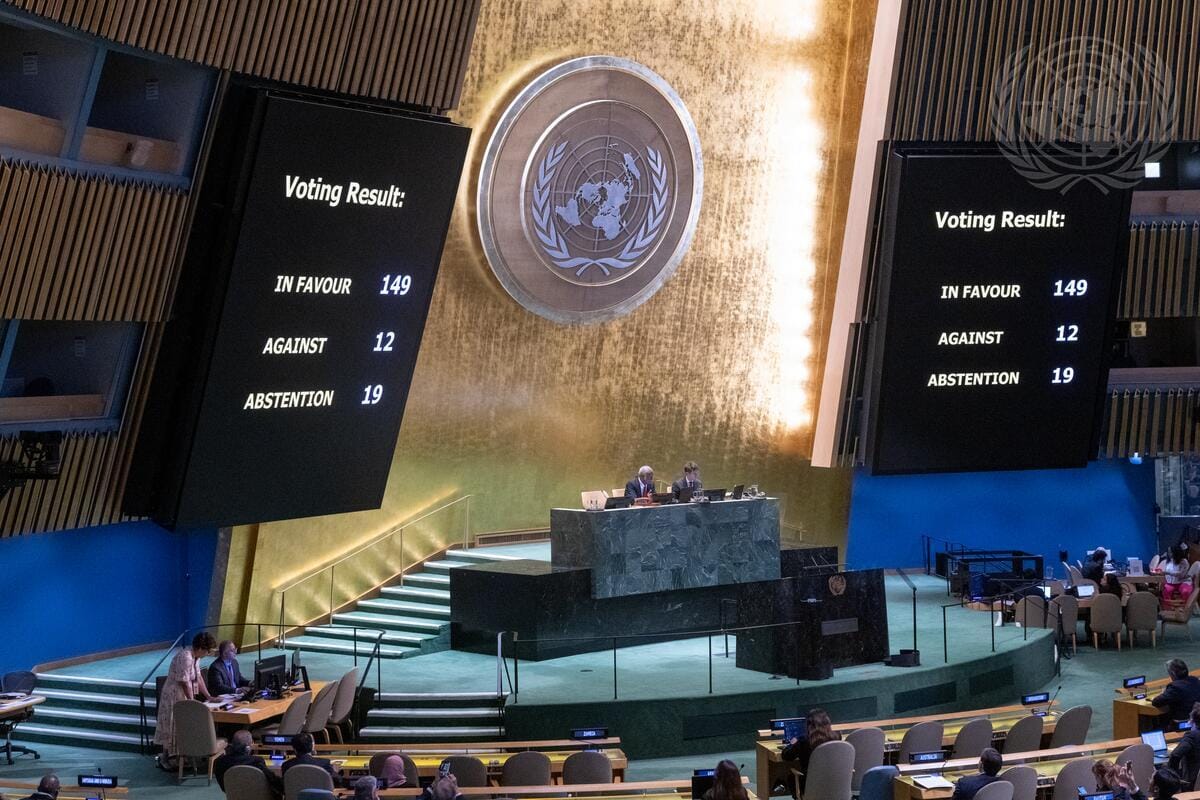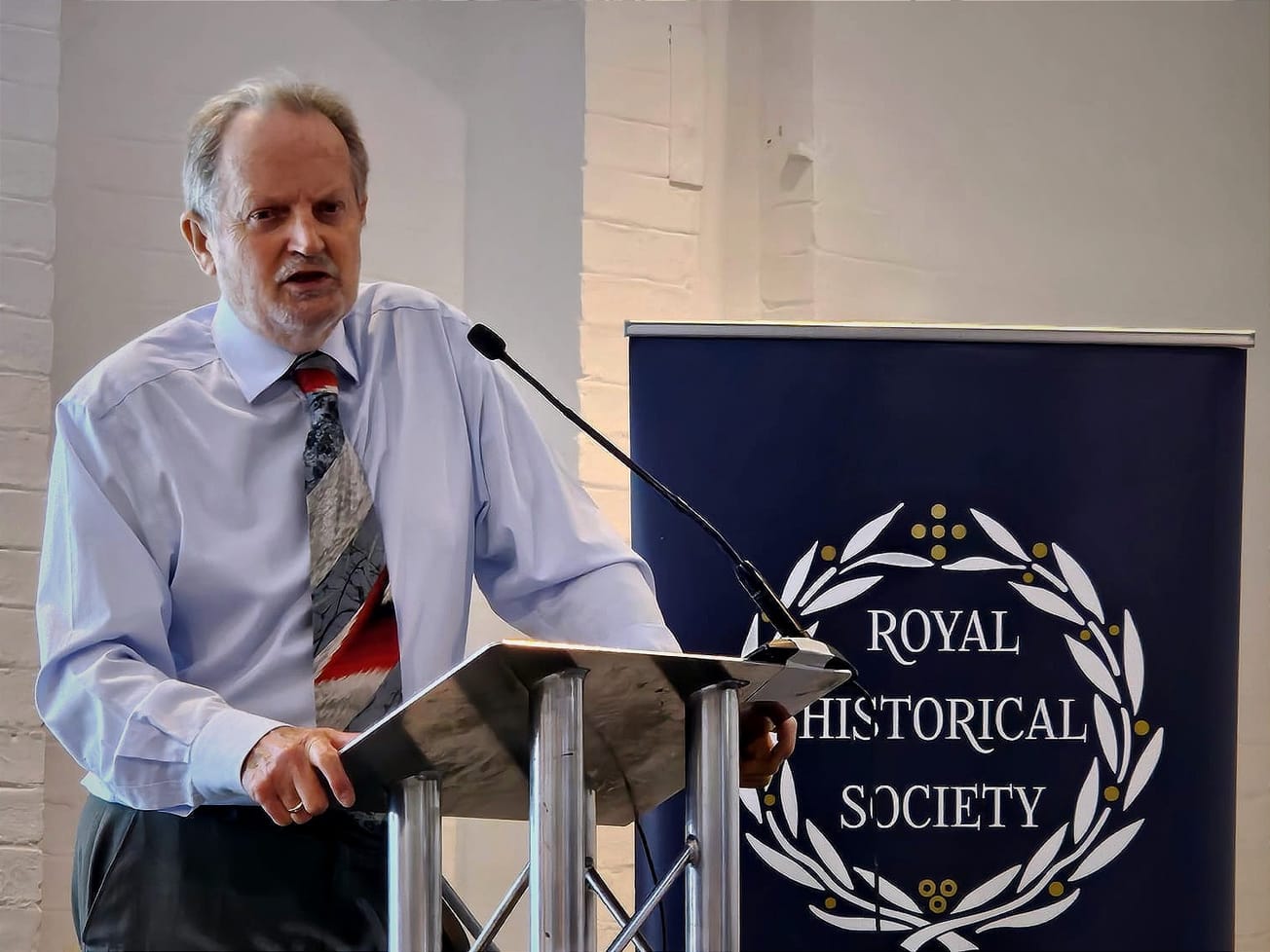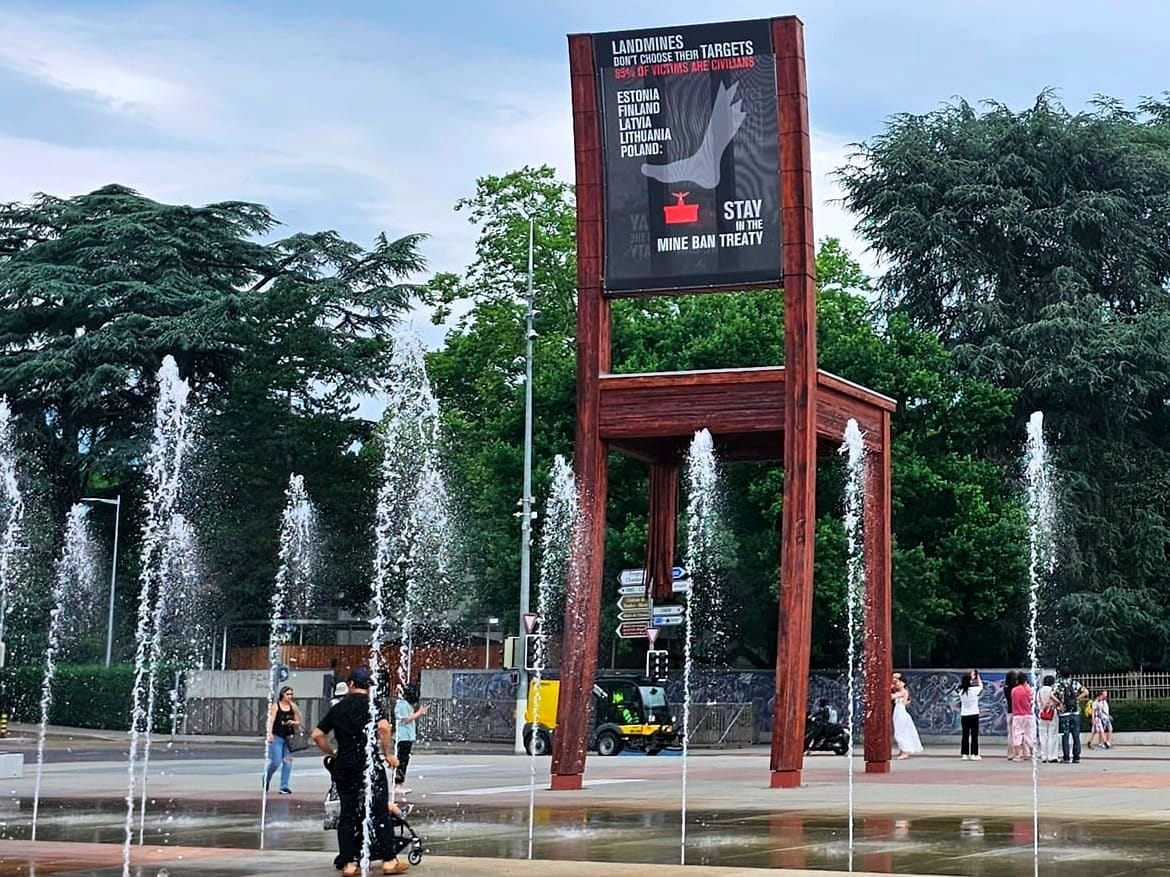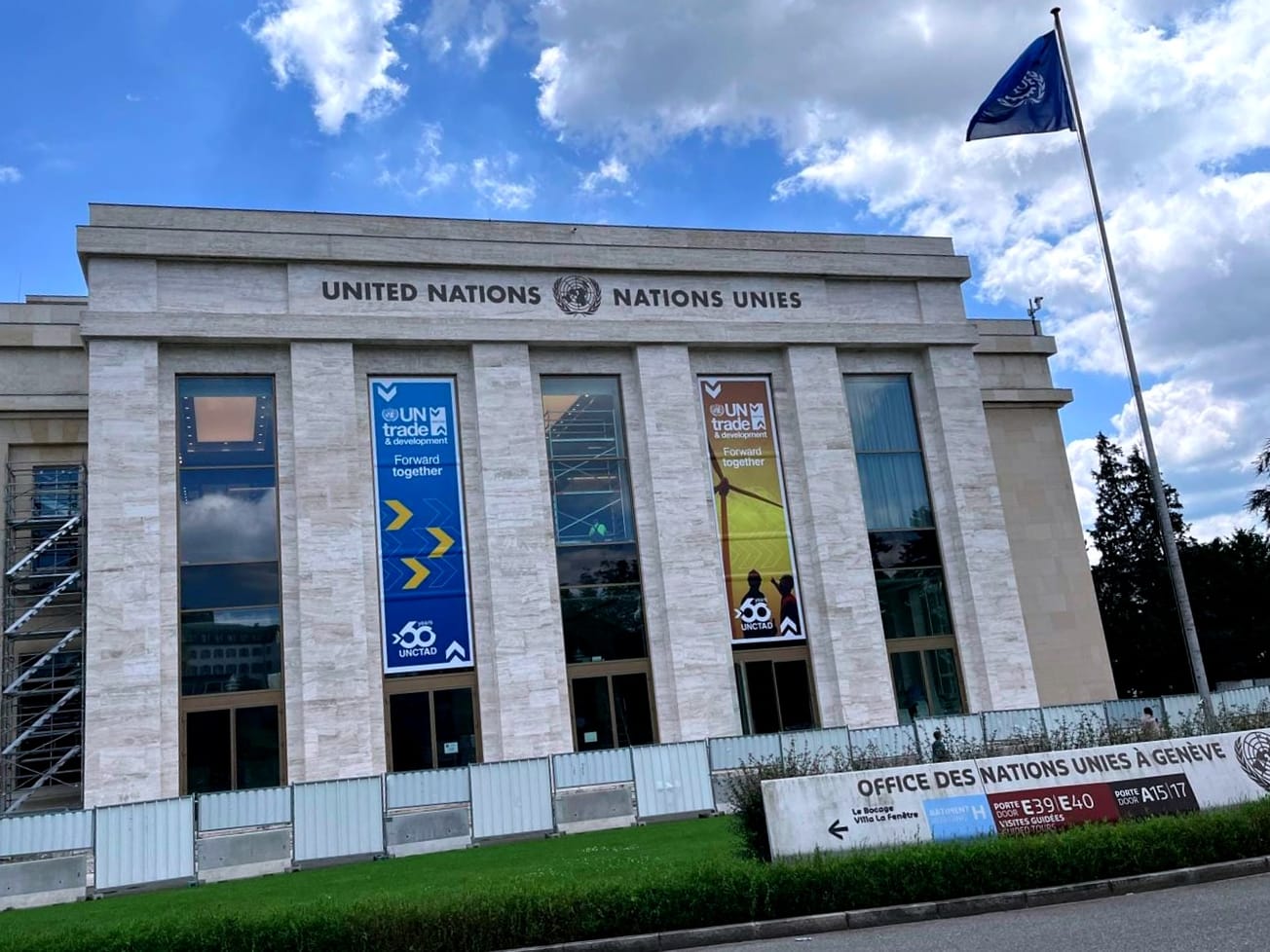The European Union's top Brexit negotiator says it will rely on other international organizations to "continue to engage positively" once the United Kingdom leaves the soon-to-be 27-nation bloc on January 31, 2020.
Michel Barnier, who has overseen the E.U.'s rocky path with the U.K. since July 2016 — a month after British voters narrowly approved the referendum to leave — said aside from bilateral relations, the United Nations, World Trade Organization and Group of 20 will serve as important go-betweens.

